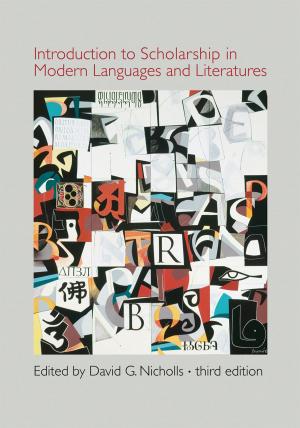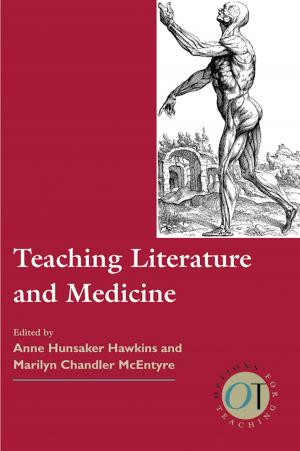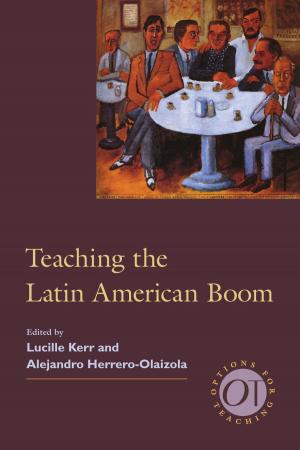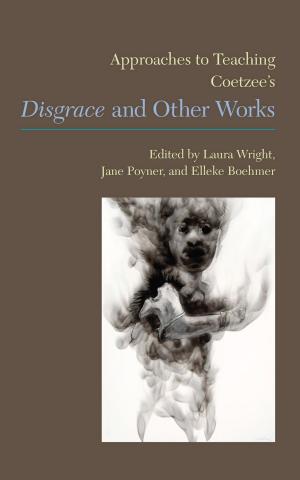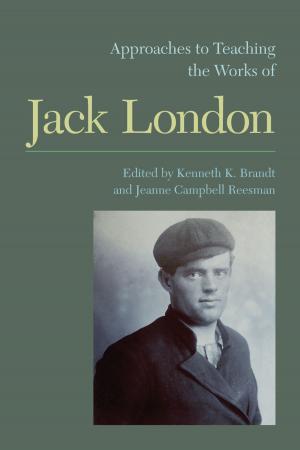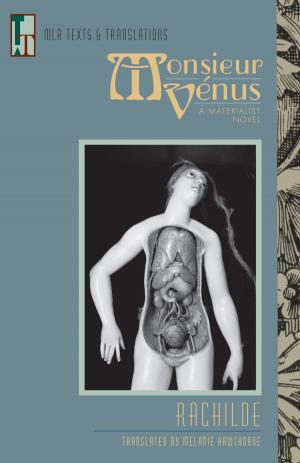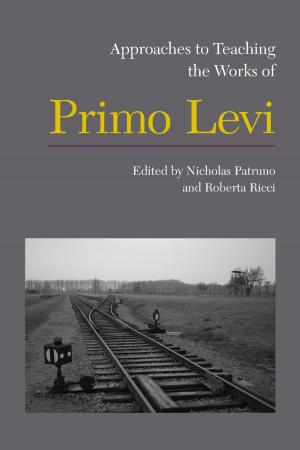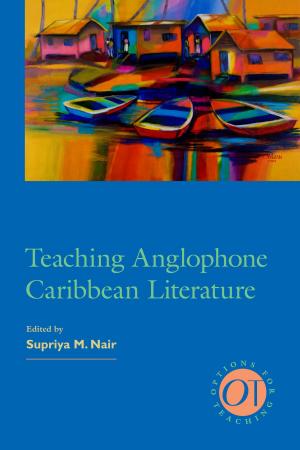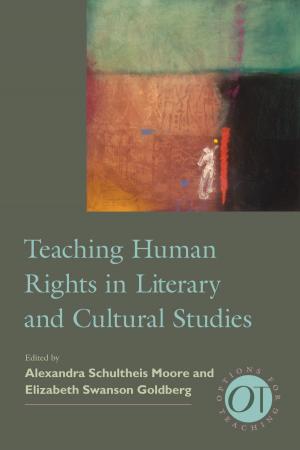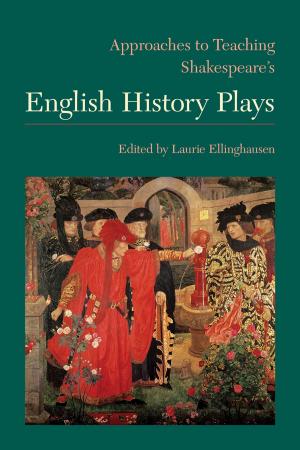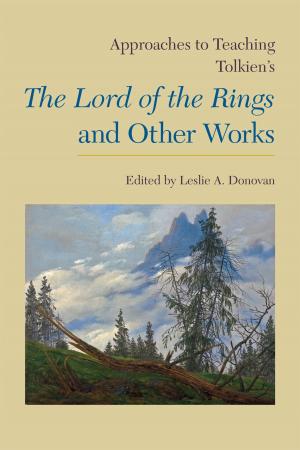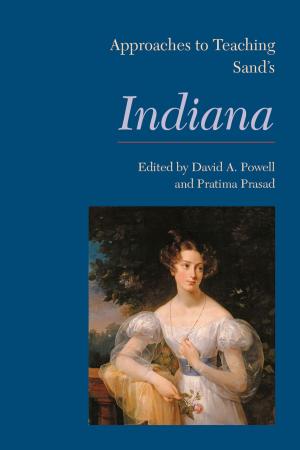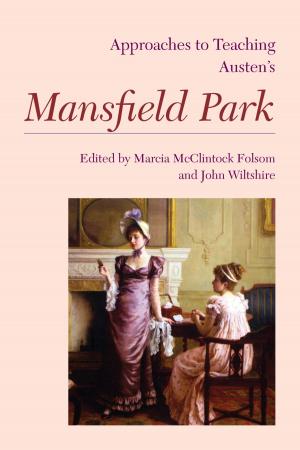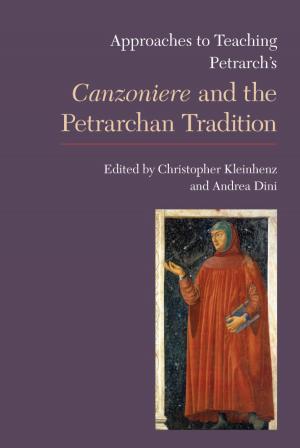Approaches to Teaching Milton's Paradise Lost
Nonfiction, Reference & Language, Language Arts, Study & Teaching| Author: | Regina Schwartz, Achsah Guibbory, Jessica Wolfe, Abraham Stoll | ISBN: | 9781603291637 |
| Publisher: | The Modern Language Association of America | Publication: | December 1, 2012 |
| Imprint: | The Modern Language Association of America | Language: | English |
| Author: | Regina Schwartz, Achsah Guibbory, Jessica Wolfe, Abraham Stoll |
| ISBN: | 9781603291637 |
| Publisher: | The Modern Language Association of America |
| Publication: | December 1, 2012 |
| Imprint: | The Modern Language Association of America |
| Language: | English |
This second edition of Approaches to Teaching Milton's Paradise Lost addresses Milton in the light of the digital age, new critical approaches to his poem, and his continued presence in contemporary culture. It aims to help instructors enliven the teaching of Paradise Lost and address the challenges presented to students by the poemâ€"the early modern syntax and vocabulary, the political and theological contexts, and the abounding classical references.
The first part of the volume, "Materials," evaluates the many available editions of the poem, points to relevant reference works, recommends additional reading, and outlines useful audiovisual and online aids for teaching Milton's epic poem. The essays in the second part, "Approaches," are grouped by several themes: literary and historical contexts, characters, poetics, critical approaches, classrooms, and performance. The essays cover epic conventions and literary and biblical allusions, new approaches such as ecocriticism and masculinity studies, and reading Milton on the Web, among other topics.
This second edition of Approaches to Teaching Milton's Paradise Lost addresses Milton in the light of the digital age, new critical approaches to his poem, and his continued presence in contemporary culture. It aims to help instructors enliven the teaching of Paradise Lost and address the challenges presented to students by the poemâ€"the early modern syntax and vocabulary, the political and theological contexts, and the abounding classical references.
The first part of the volume, "Materials," evaluates the many available editions of the poem, points to relevant reference works, recommends additional reading, and outlines useful audiovisual and online aids for teaching Milton's epic poem. The essays in the second part, "Approaches," are grouped by several themes: literary and historical contexts, characters, poetics, critical approaches, classrooms, and performance. The essays cover epic conventions and literary and biblical allusions, new approaches such as ecocriticism and masculinity studies, and reading Milton on the Web, among other topics.

